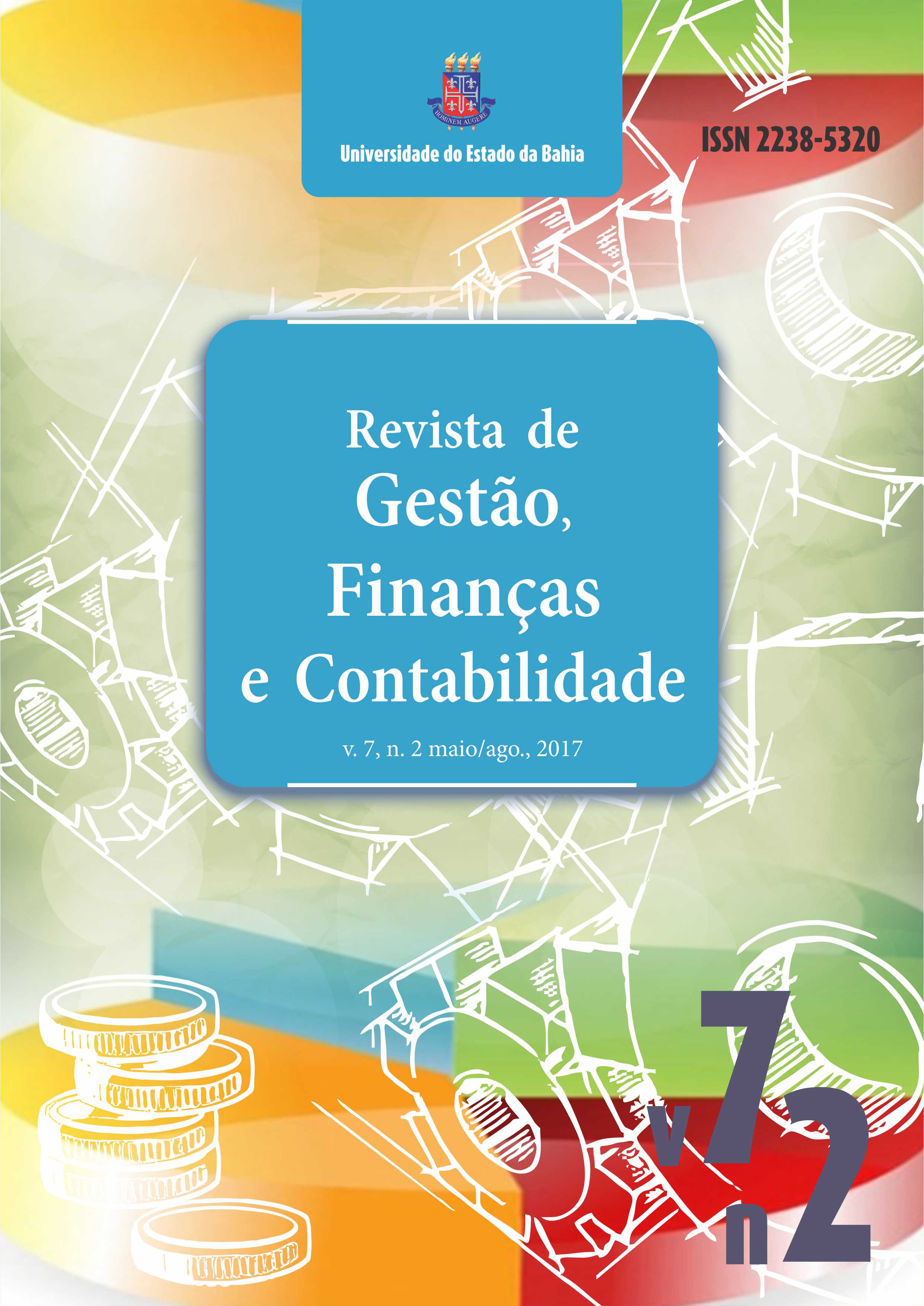THEORETICAL BASIS, HYPOTHESIS AND CONSTRUCT IN ACCOUNTING STUDIES
DOI:
https://doi.org/10.18028/rgfc.v7i2.3043Palavras-chave:
Theoretical basis, Hypothesis, Construct, Research in Accounting.Resumo
The present study aims at contributing to the understanding of distinct concepts about theoretical basis, hypothesis and construct by presenting, discussing, explaining and exemplifying the meanings of such concepts, their conceptual definitions, operational definitions and constructs in studies carried out in the Accounting area. Theory plays a relevant role in developing scientific knowledge since it represents the highest level of science epistemology. Hypotheses are a powerful tool for advancing knowledge since they can be tested. However, to be able to empirically explore a theoretical concept, one needs to translate the concept statement into a relation with the real world, based on variables, and on observable and measurable phenomena, in other words, one needs to elaborate a construct and operationalize it. Therefore, it is possible that the ones who are interested in the findings of a specific study share the same understandings about the concepts, definitions, possible constructs and variables included in the study, thus, comprehending findings, conclusions and limitations of the study in a similar manner. The present study contributes to the area by highlighting the intention of correct understanding and usage of these essential categories of the scientific and professional discourse, according to the theoretical background.
Downloads
Downloads
Arquivos adicionais
Publicado
Edição
Seção
Licença
Autores que publicam na RGFC concordam com os seguintes termos:
- Autores mantém os direitos autorais e concedem à revista o direito de primeira publicação, com o trabalho simultaneamente licenciado sob a Creative Commons Attribution License (https://creativecommons.org/licenses/by-nc/4.0/), permitindo o compartilhamento do trabalho com reconhecimento da autoria do trabalho e publicação inicial nesta revista;
- Autores têm autorização para assumir contratos adicionais separadamente, para distribuição não-exclusiva da versão do trabalho publicada nesta revista (ex.: publicar em repositório institucional ou como capítulo de livro), com reconhecimento de autoria e publicação inicial nesta revista;
- Autores têm permissão e são estimulados a publicar e distribuir seu trabalho online (ex.: em repositórios institucionais ou na sua página pessoal), já que isso pode gerar alterações produtivas, bem como aumentar o impacto e a citação do trabalho publicado. Porém deve-se observar que uma vez aprovado pelos avaliadores, o manuscrito não poderá sofrer mais alterações. Caso o autor deseje fazê-lo, deverá reiniciar o processo de submissão.




